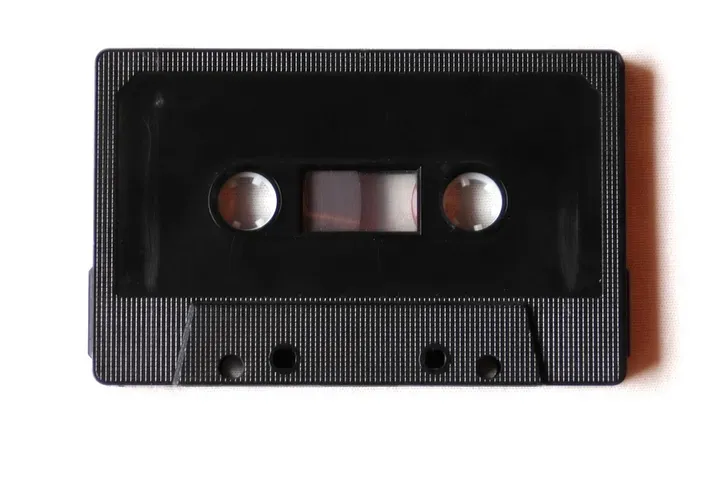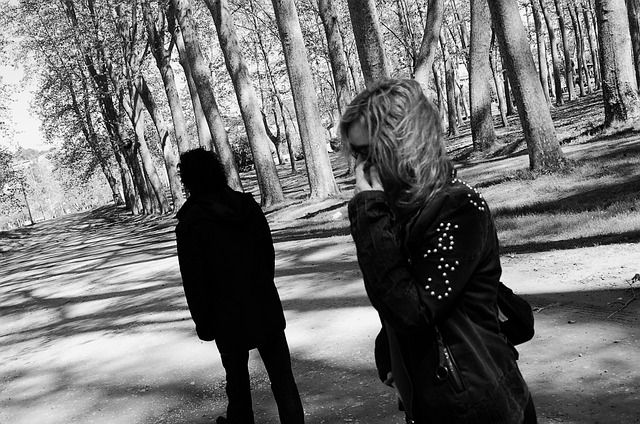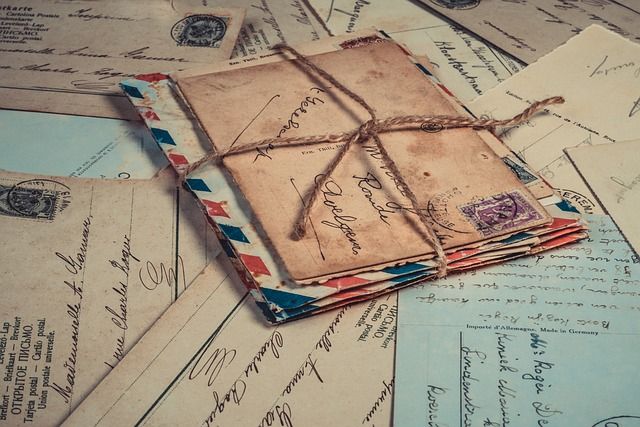The Soundtrack to Your Life

I’m eleven years old, in Netcong, New Jersey. MTV is on the television, and it’s probably two in the morning; even then, I stayed up far too late at night. Some concert is on the TV, called Knebworth, apparently somewhere in England. I’m only paying a little attention, because I’m also reading a book.
Some band comes on, a group I’ve heard of but never listened to. They’re called Pink Floyd. They play this long instrumental suite before getting to some odd lyrics, in a song I’d later learn is called “Shine On You Crazy Diamond.” I become captivated by the sprawling guitar and pure connectionits player has on his face to the notes coming from the instrument.
It’s this night that I learn that music is so much more than something on the radio, more than a background cacophony to keep the brain busy. Music is life, and life is music.
My adolescent and teenage years had a constant stream of songs, melodies and lyrics that weren’t just a backdrop to the days of summer and the nights of winter. They became emblems of every friendship, relationship, raw feeling, and yearning. To this day, a song from five years ago or twenty can re-open an old wound, ripping open a scar that has never quite healed the right way.
Music becomes inextricably tied to the important moments of our lives. It happens when you’re not looking, distracted by the big and not-so-big things we all take for granted. Remember what was playing when you lost your virginity? The song you danced to at your wedding? Every composition (and their order) on a mix tape you overplayed? You know, on that road trip you took when you graduated high school. Of course you do. They’re imprinted in our minds, tied forever to heartbreak and joys, victories and defeats, love and loss.
I spent a lot of nights with headphones on, lying in my bed, staring into a void of darkness and breathing each note, tasting the strands as though they were sustenance. During the day, I would search through all my music, trying to find a song that perfectly fit the drama of that day. Or songs that were playing on the radio or the tape deck as me and my best friend drove endless miles around New Jersey, talking and smoking cigarettes, debating philosophy or discussing love.
Some music just attaches itself to a memory because it’s playing. I spent a lot of the fall of 1991 with Guns N’ Roses Use Your Illusion I & II on the tape deck, and both albums are now inextricably tied to the friends, girlfriends, and situations we found ourselves living in that school year. I was beginning to understand more that year the connection between Pink Floyd and getting high. I became more fascinated with the excessive lifestyles of icons from classic rock history, like Jimmy Page and Jim Morrison.
The first time I ever felt someone up, Dire Straits’ “Romeo & Juliet” was in the background. It was 24 years ago, and I remember the song, but not her name. The beats and voices of Enigma’s “Principles of Lust” plays a significant part in the memory of the first time I was taken to bed. The song instantly brings back every scent, sound, emotion and sensation.
When I was ten years old, if my bedroom door was shut, it was because I was holding a rock concert in my room. My bed was the stage, a short broom my mic stand, and my desk lamp a spotlight. (If I was playing “guitar,” the broom became the instrument and the mic stand was invisible. Obviously.)
I had Def Leppard shows often, or Men at Work. Sometimes I would just put on the radio and pretend I knew the words to Information Society singles or Duran Duran hits. I would, with all the earnestness that a kid who has only been alive a decade could summon, sing my heart out to Bon Jovi ballads. I rasped Bruce Springsteen songs that I knew all the words to but didn’t quite understand the meanings of.
Should one of those come on the radio, I am once again that ten-year-old. Except this time I know that just because the door is closed, it doesn’t mean they can’t hear you singing badly.
Often, a song doesn’t become part of your soundtrack until its meaning becomes ingested by circumstance, the pliancy of our experience absorbing the words and notes, chords and rests, in our consciousness and our fabric. Even if it’s a beloved melody, a well-loved tune you’ve hummed a million times; once that song is inside raw sentiment, it’s there for good.
The crucial point is that it’s your soundtrack. It’s the sound of the story of your life. It’s a narrative, told in reminscence. It’s the libretto—dramatic, tragic, powerful, and victorious—that keeps you grounded to who you are and where you came from.
Keep that soundtrack close to your heart. Or don’t; whether you like it or not, it’s already in there, and it’s not leaving until you do.




Comments ()